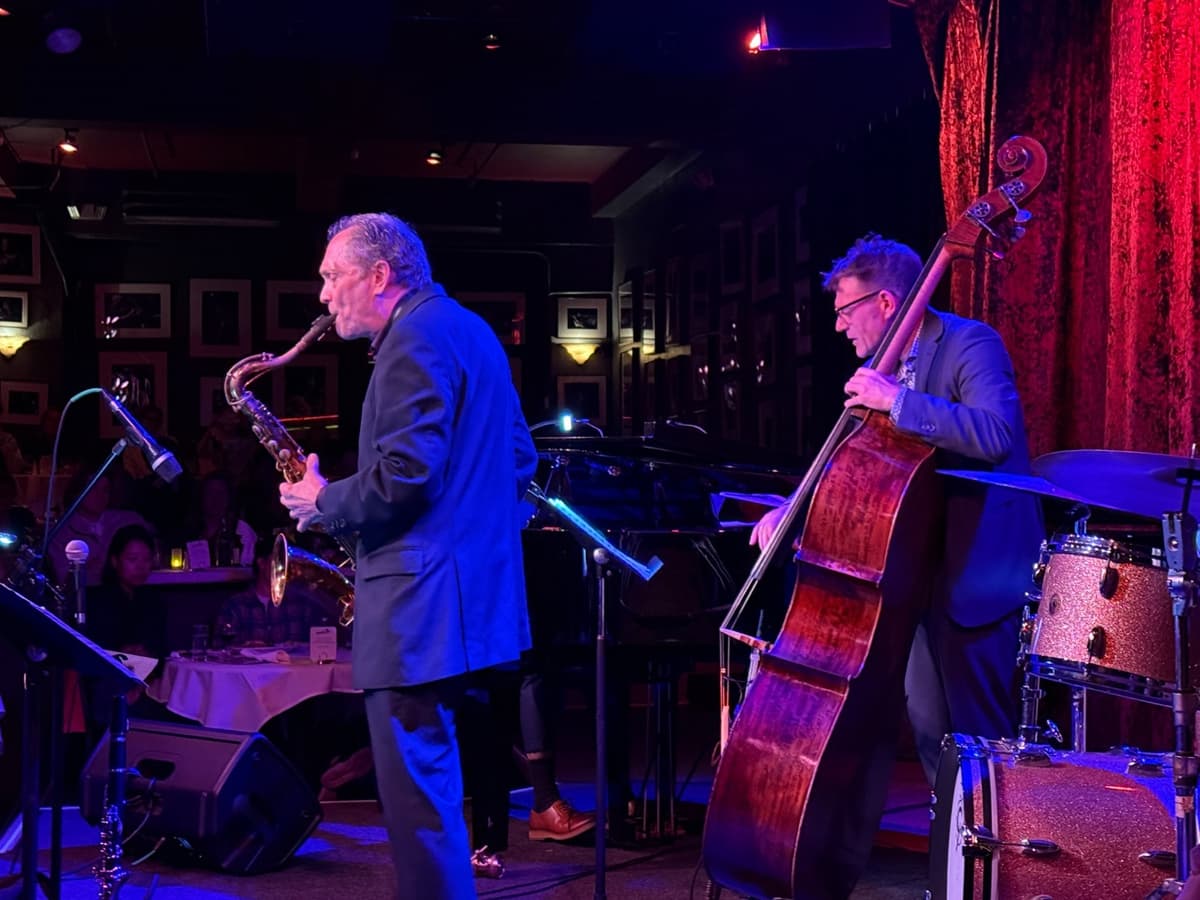
‘The Trembling Hand’ Provocatively Calls Out the Romantic Poets for Perpetuating Racist Tropes
By CARL ROLLYSON
|The clarinetist and tenor saxophonist vows to not repeat a tune during his 10-set run: ‘So if you hear something you don’t like, don’t worry — if you come back, you won’t hear it again.’

Already have a subscription? Sign in to continue reading
$0.01/day for 60 days
Cancel anytime
By continuing you agree to our Privacy Policy and Terms of Service.

By TOM TEODORCZUK
|